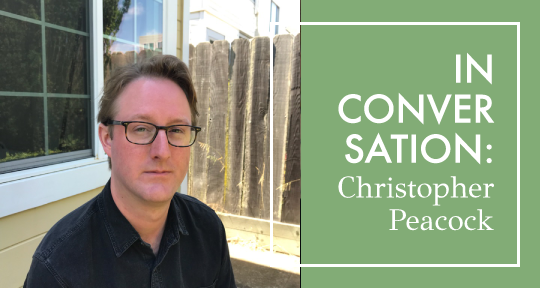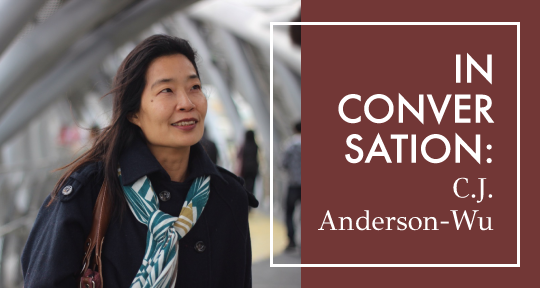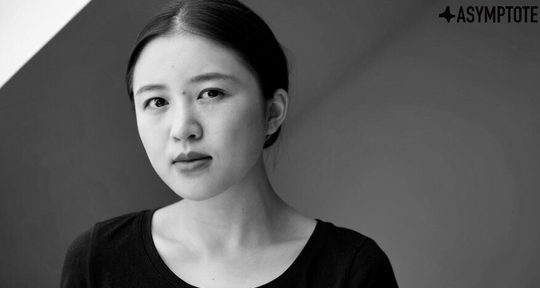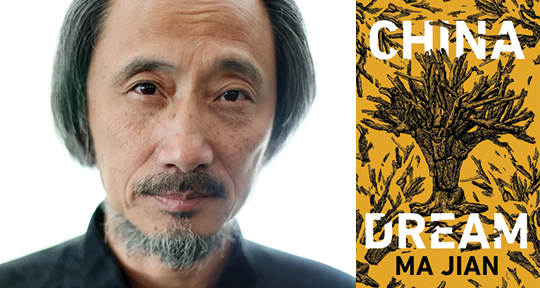This week’s Translation Tuesday features two labour-centric poems by Du Ya. “The Coal Miner” could be construed as a multivalent metaphor aligning the work of a coal miner with an unbearable lack of clarity regarding one’s position in the world. On another register, however, “The Coal Miner” shows how one’s occupation and environment can be written on and in the body, as well as the mind. “Copper” looks at the quality of the sub-strata itself. It is an homage to the hidden beauties and forms that underpin all that happens upon a surface. Copper’s stability, its cycles, and their accumulations might be related to translation itself, a conceptual attitude that recalls the archaeological cultural exercises of Walter Benjamin and the re-working of source materials to gain new insight or expression. Time can be read in the changes in striation and the different iterations of copper, constantly moving beneath the surface and in the hands of artisans, as a poem or thought too changes—and stays the same—as it moves.
The Coal Miner
He means to tell people about the light
but each part of his body revolts
disobeys the center, speaks only of darkness
Having gnawed so long on that mighty seam, he has no idea
that his lungs, liver, and intestines are now made of coal
The textbooks teach this: “change in quantity leads to change in quality”
His body is such a fitting exhibit, it needs no explanation
It wears pitch black shadowless silk
like a government official donning a tailored uniform
Yet he still speaks of light—and for light
he daily lowers himself underground (and time flows unchanging)
Not even the nightfish has seen such darkness
Sometimes, in the subterranean depths, he is frightened
He recalls darkness: changes in earth over hundreds of millions of years
It astounds him: black, plummeting, set in motion eons ago











